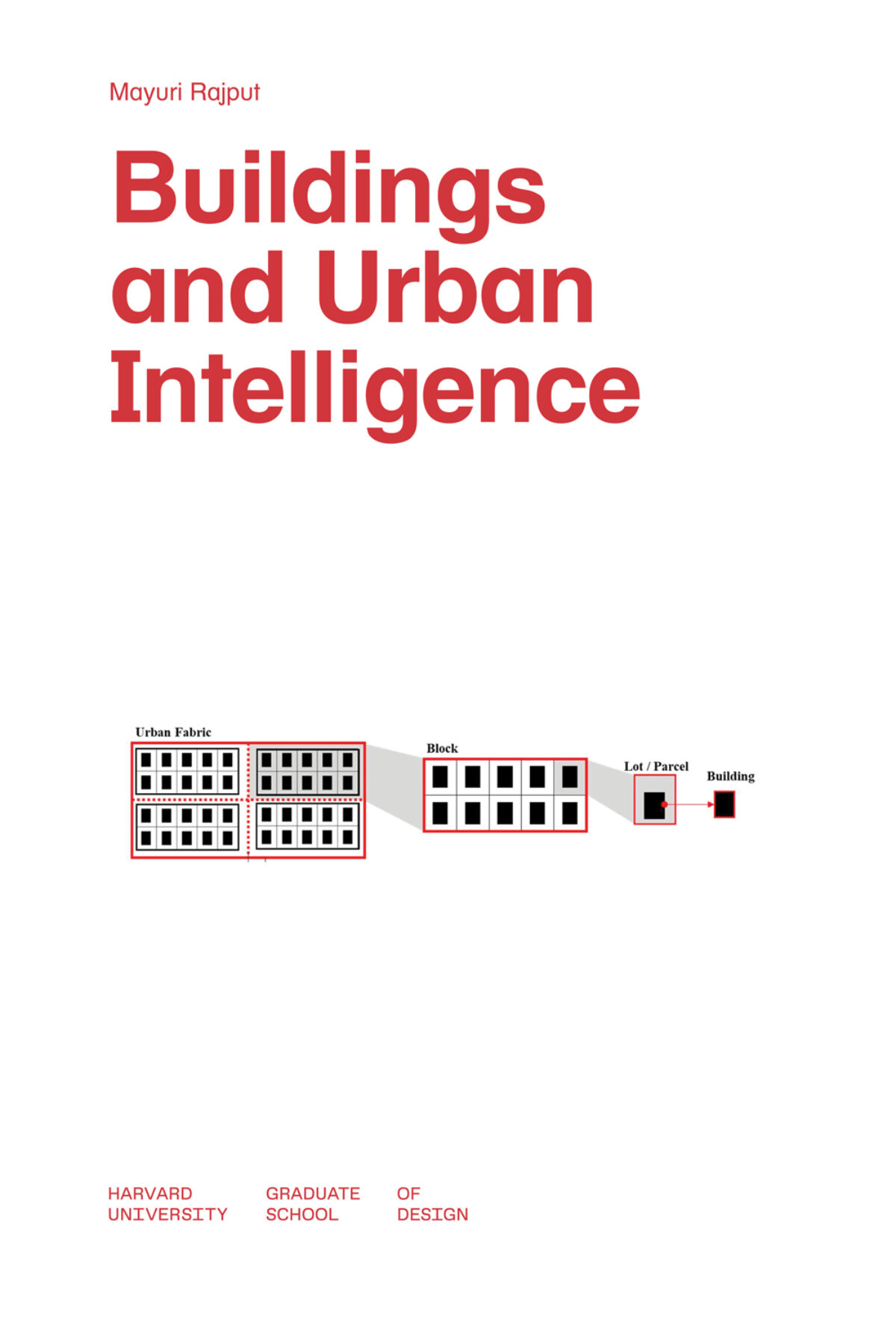Buildings and Urban Intellegence

Buildings and Urban Intelligence is a course report from the Fall 2023 semester at the Harvard University Graduate School of Design, based on the project-based seminar course taught by Mayuri Rajput.
Rapidly increasing urban sprawl is evolving into a scenario where about 70% of the world’s population would be living in urban areas by the year 2050. Increased urbanization coupled with an explosion in availability of high-resolution data has opened new avenues of understanding and operating buildings, both as an entity as well in swarms. The course would explore the creation of a digital twin for upcoming and/or existing neighborhoods based on the fragmented data streams both from individual buildings as well as larger urban areas to make predictive assessments that will allow technology and policy recommendations in the following domains.
Energy and carbon flows / Community Decarbonization: The relative orientation, design and massing of buildings in a new neighborhood can have a profound effect on the operational energy and hence carbon emissions from catering to the energy needs of the neighborhood. Case studies would include but not limited to building retrofits, transactive exchange of energy between buildings and community demand response.
Climate change and socially just adaptation: Urbanization exacerbates the impact of higher temperatures that are resulting from climate change. Case studies will explore the architectural and urban design choices that a cohort of buildings at block/neighborhood level can adopt resulting in improved local microclimate and mitigation of heat related hazard in built spaces as well as open urban areas.
Series Design by Zak Jensen and Laura Grey
Report design by Bianca Deng
34 pages, 17 x 24.5 cm